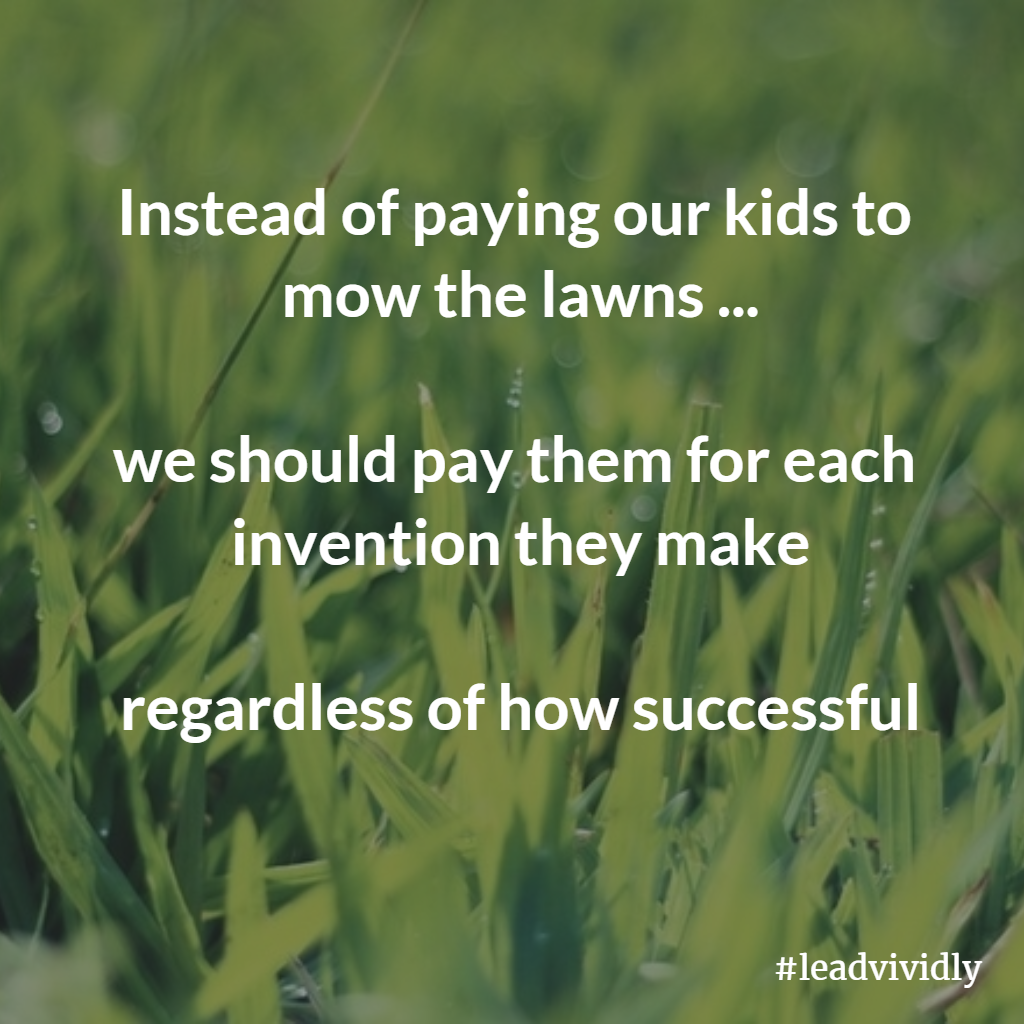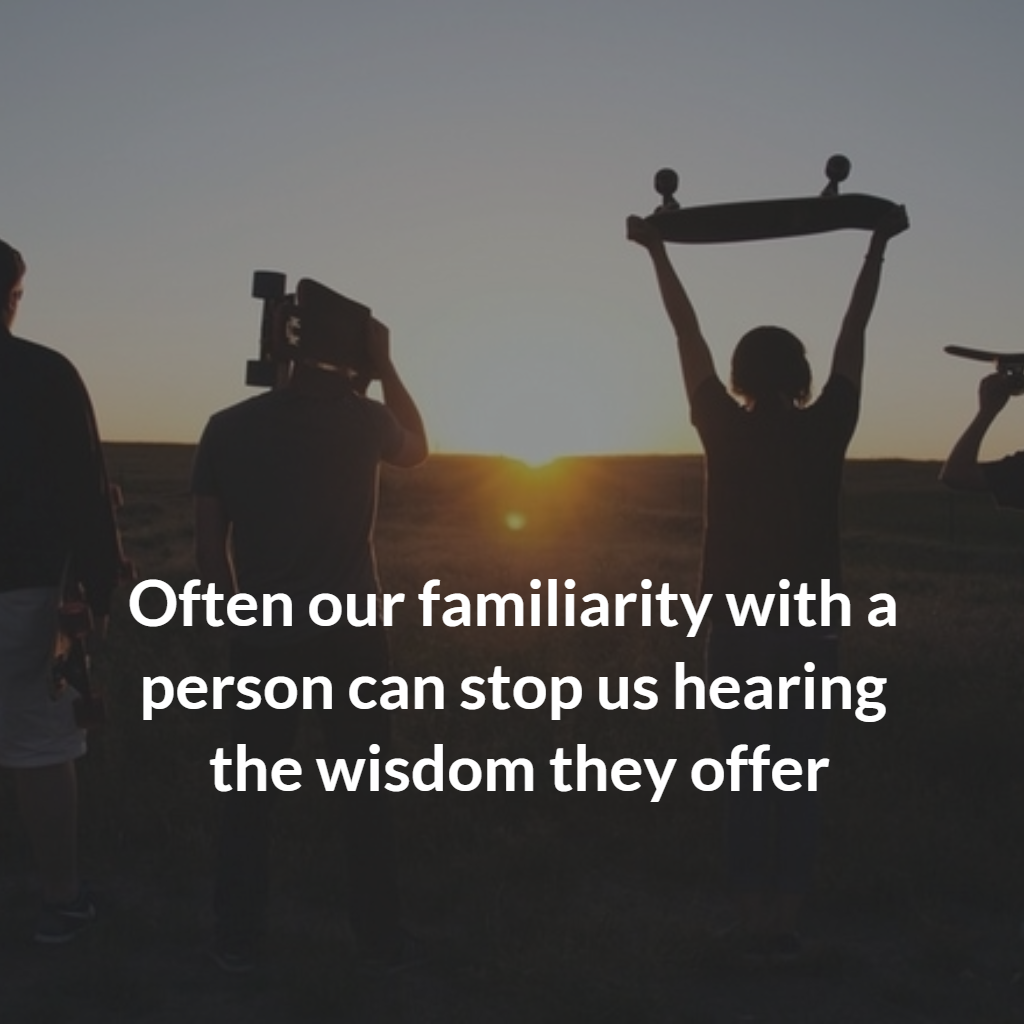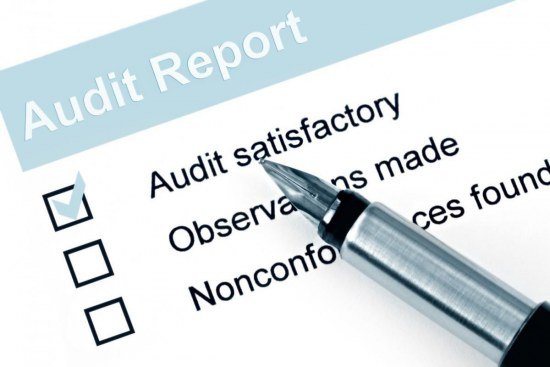 “Do you trust me?” I was asked with absolute sincerity.
“Do you trust me?” I was asked with absolute sincerity.
It’s a huge question because trust binds all relationships together.
“Do you trust me?” is not a simple question, and in the years since I’ve come to realise that trust is made up of three things:
- Trust what I say
- Trust what I do
- Trust what I value
Trust what I say:
This is all about truthfulness, and the ability to believe that this person is telling you the truth and that you can rely on their word.
When the person asked if I trusted them, my answer was 100% yes, because time and time again they had proved themselves truthful. But what they were really asking was do you trust what I do?
Trust what I do:
This is about trusting the persons decisions and actions. A person can be 100% truthful, but we are not sure about some of the decisions they make and we struggle to trust them in those areas.
Trusting what people do takes time and is complicated. We can trust a person will make the right decisions in most areas, and then question the decisions when they are given new responsibility, as we watch to see if they adapt to the new challenges.
Trust what I value:
When we value different things, and they are not discussed, then it can cause us to feel like we don’t trust each other, despite the fact we trust what they say and do. The challenge with trusting what we each value, is that we don’t generally do the hard work to understand each other’s values.
With one of my new direct reports, we worked out my value of ‘freedom’ was at odds with his value of ‘structure’. Neither of these values is wrong, but if we hadn’t noticed it and named it, then as we work together we could have begun to wonder if we could trust each other.
∴
Nothing will kill connection, dampen joy or increase stress in any relationship more than where I fail to trust or unintentionally make people feel untrusted.
When we find that we are struggling to trust a person, dive in and ask…
Do I trust what they say?
Do I trust what they do?
Do I trust what they value?
Then go and have a sincere truthful conversation with them.
Because relationships are built on trust, and they are worth the effort.
 Around our house we have duties that everyone has to do each week on rotation as a part of being in the family. Then there are the tasks like mowing the lawns which I can do for free, or the kids can do for money.
Around our house we have duties that everyone has to do each week on rotation as a part of being in the family. Then there are the tasks like mowing the lawns which I can do for free, or the kids can do for money. The road ahead of us bends to the left and intersects with our small cul-de-sac which climbs off to the right. With our ‘L‘ plates front and back, and me in the passenger seat, I clearly instruct the first time driver “don’t cut the corner”. It is after all a perfect corner for cutting. My words echo around the car as she whips right, cuts the corner and heads towards home.
The road ahead of us bends to the left and intersects with our small cul-de-sac which climbs off to the right. With our ‘L‘ plates front and back, and me in the passenger seat, I clearly instruct the first time driver “don’t cut the corner”. It is after all a perfect corner for cutting. My words echo around the car as she whips right, cuts the corner and heads towards home. Recently I was having coffee with a guy who had taken some advice I have given him and was raving about it. The funny thing is that he confessed to me that one of his team had given him the same advice a few months earlier and he had largely ignored it.
Recently I was having coffee with a guy who had taken some advice I have given him and was raving about it. The funny thing is that he confessed to me that one of his team had given him the same advice a few months earlier and he had largely ignored it. few years ago as they asked my opinion on their business idea. The weird thing about the conversation is they tried to tell me without actually disclosing what their idea was. They were concerned that I might steal their idea. After playing that dance I got pretty candid with them and told them I had enough business ideas of my own that I will never do, so I don’t really need their ideas.
few years ago as they asked my opinion on their business idea. The weird thing about the conversation is they tried to tell me without actually disclosing what their idea was. They were concerned that I might steal their idea. After playing that dance I got pretty candid with them and told them I had enough business ideas of my own that I will never do, so I don’t really need their ideas.
